How Ai Could Worsen Biasm & Favoritism In The World

As artificial intelligence (AI) becomes increasingly integrated into various aspects of society, from hiring practices to law enforcement, there’s a growing focus on questionig if these systems operate fairly, transparently, and without perpetuating existing biases.
Understanding AI Bias
AI systems are trained on data, and the quality and diversity of that data directly impact the AI's performance. If the training data contains biases—whether related to race, gender, socioeconomic status, or other factors—these biases can manifest in the AI's decisions.
For example, an AI system used in hiring might inadvertently favor candidates from certain demographic groups if it learns from historical data that reflects past biases. This can result in the perpetuation of inequality and discrimination in areas where AI is applied.
Real-World Applications and Challenges
Hiring Algorithms
Many companies use AI to screen job applicants, aiming to streamline the recruitment process. However, if the AI is trained on biased data, it might favor candidates from certain backgrounds or institutions, leading to a lack of diversity in the workplace.
This not only perpetuates existing biases but also undermines the fairness and objectivity that AI is supposed to bring to the hiring process.
Predictive Policing
AI systems are increasingly used in law enforcement to predict where crimes might occur or to identify potential suspects. However, these systems can be problematic if they rely on biased crime data.
For instance, if the data reflects over-policing in certain neighborhoods, the AI might reinforce this pattern, leading to unfair targeting of specific communities and exacerbating social inequalities.













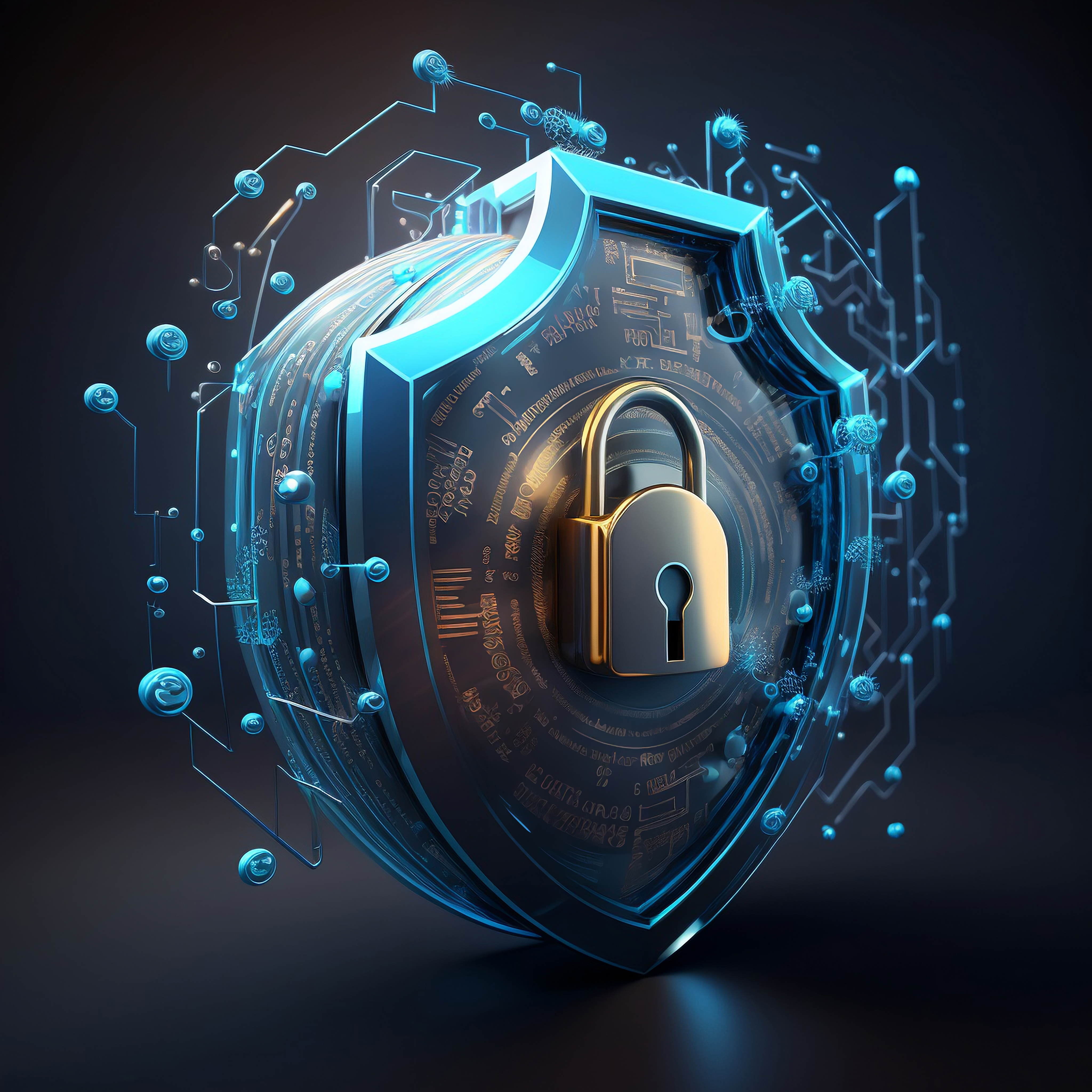

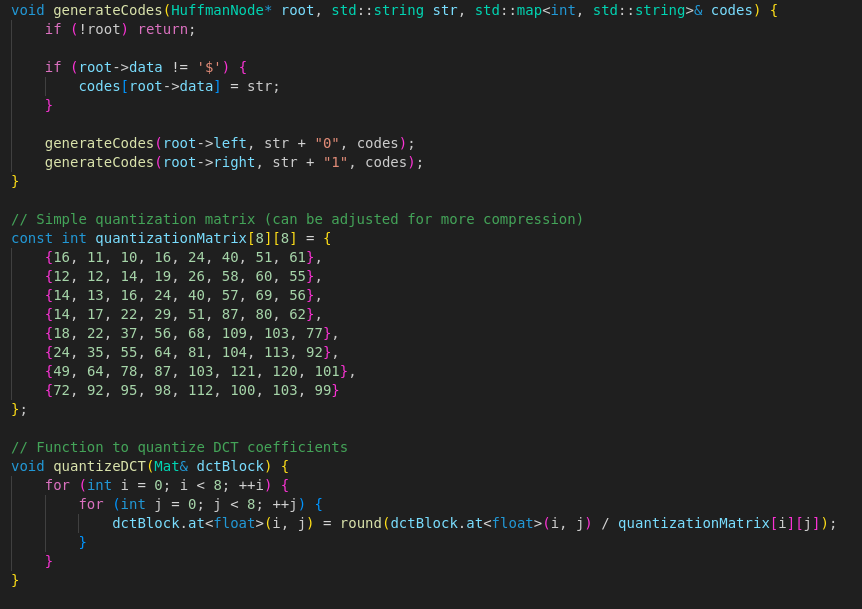

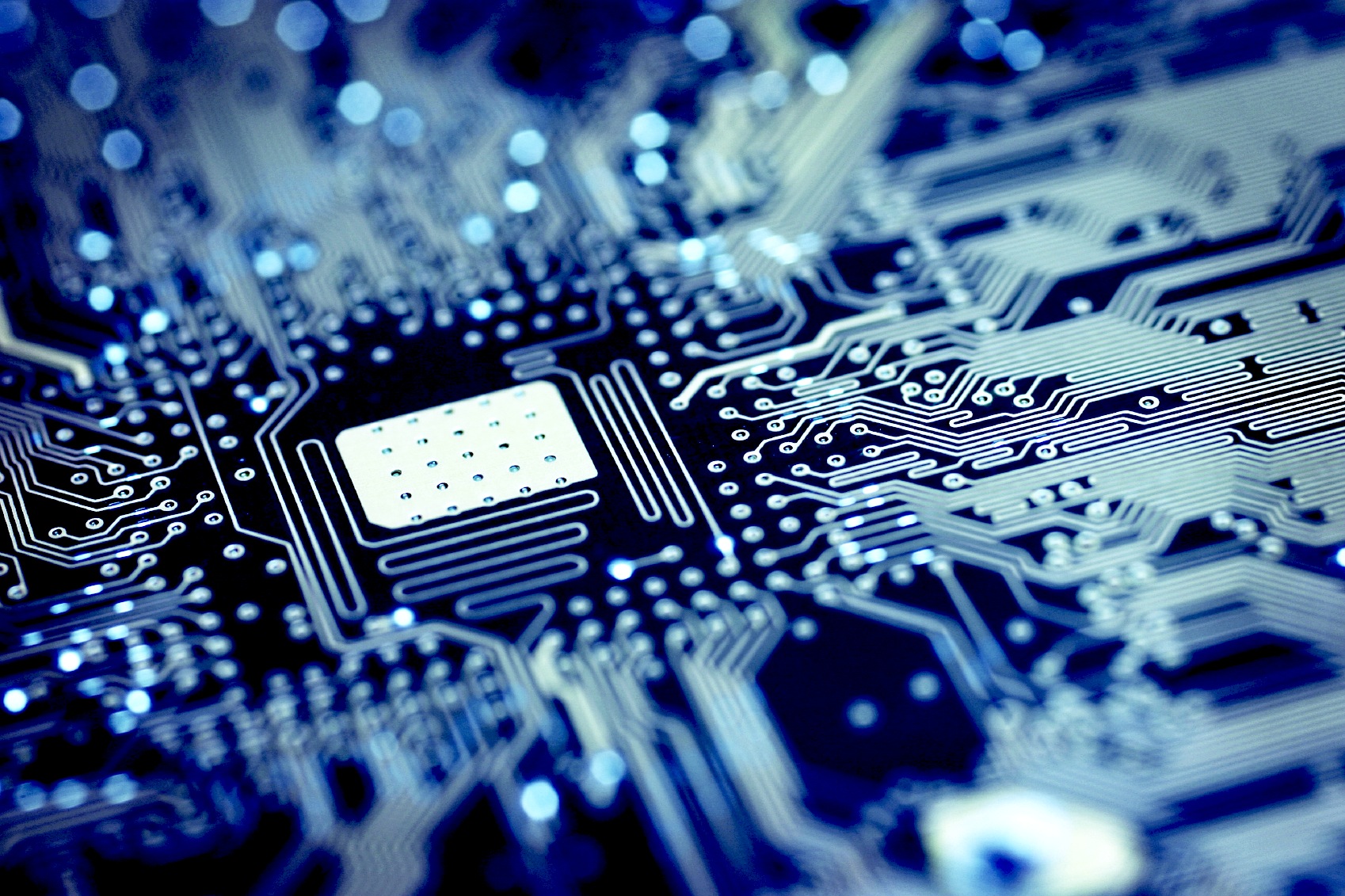
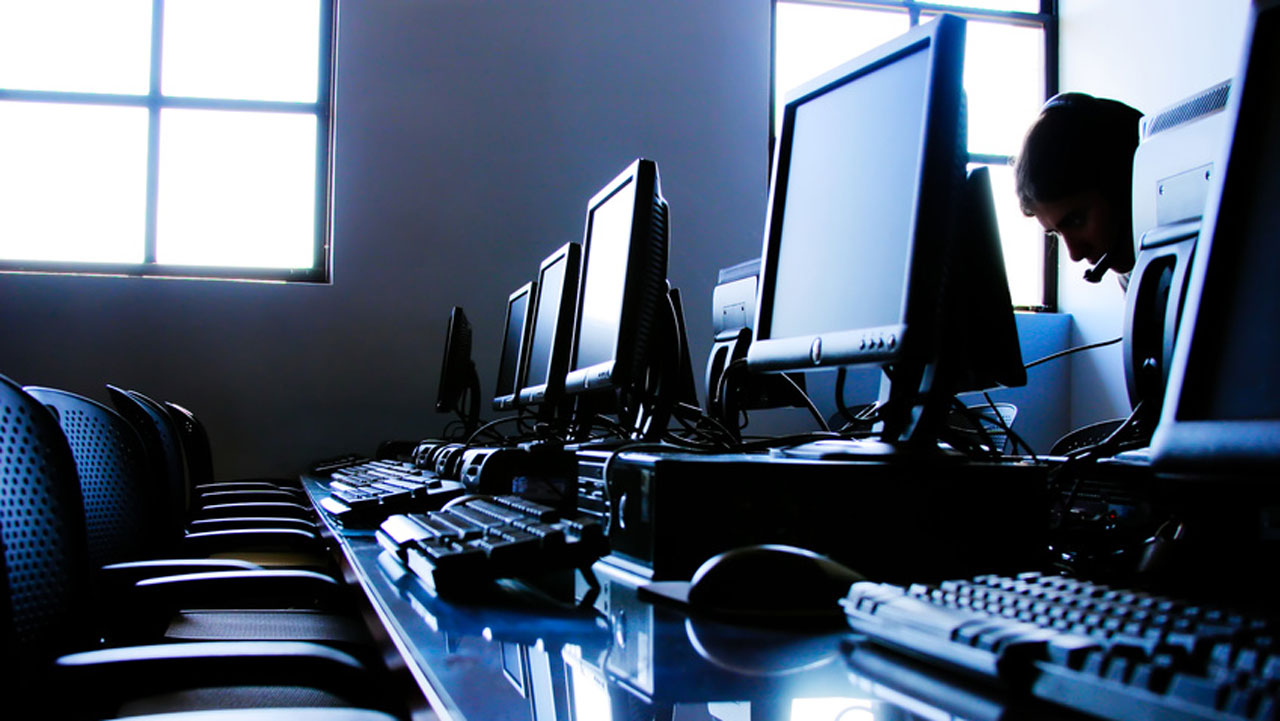
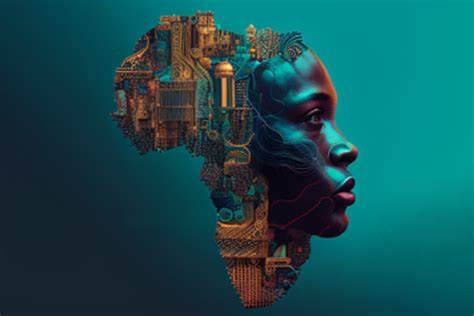
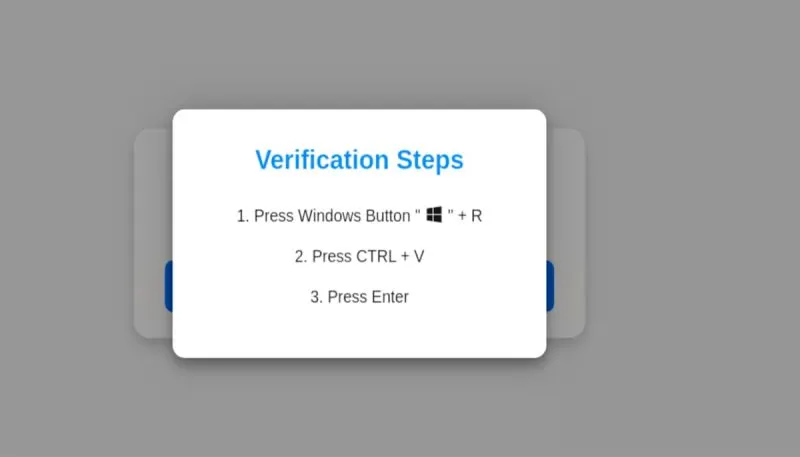
Comments
I don't like the sound of this😂